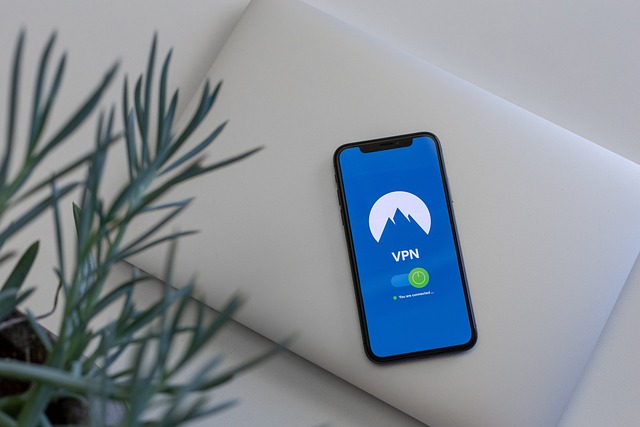Does using a VPN affect internet speed? This is a question that often comes up when discussing online privacy and security. In today's digital age, people are relying more and more on the Internet, whether it's for work, play or communicating with others. With cyber-attacks and privacy concerns on the rise, many people are looking to use VPN to protect their online activities. However, some people may be concerned that using a VPN will slow down internet speeds and affect their online experience. So, is it true that using a VPN can affect internet speeds? Let's dig deeper.

First, how does a VPN work?
First, let's understand how a VPN works. A Virtual Private Network (VPN) works by creating an encrypted tunnel between your device and the VPN server, sending your web traffic to the VPN server, which then sends it to the target website or service. This means that your actual IP address is hidden and your data traffic is encrypted, providing a higher level of privacy and security.
Second, the impact of VPN on internet speed:
Whether or not using a VPN affects your internet speed depends on a number of factors, including the VPN service provider you choose, the server location, the speed of your internet connection, and current internet traffic. Here are some of the factors that affect VPN on internet speed:
1. Physical distance of the VPN server: Connecting to a VPN server that is farther away from you may result in higher latency and slower internet speeds. Usually, connecting to a server closer to you will result in faster speeds.
2. Server Load: If the VPN server you are connecting to is heavily loaded, i.e. a lot of users are using the server, this may result in slower internet speeds. Choosing to use a server with a lighter load can increase the speed.
3. Bandwidth limitations: Some free VPN may have bandwidth limitations that can slow down internet speeds. Paid VPN usually offer higher bandwidth, thus providing better internet speeds.
4. Encryption levels: Encryption is an important part of keeping your data safe, but stronger encryption levels may result in slightly slower internet speeds. Most VPN service providers offer a variety of encryption options that you can choose from depending on your needs.
5. Raw network speed: The speed of your raw internet connection is also a factor that affects the speed of your internet after using a VPN. If your raw internet speed is slow, you may feel slower after connecting to a VPN.
While a VPN may cause a slight drop in internet speed, in most cases this drop is acceptable. Many modern VPN service providers are committed to providing high-speed connections to ensure that the user's internet experience is not affected too much. And, many will find that while a VPN may cause a slight drop in internet speed, the privacy and security benefits it offers far outweigh this impact.
Third, how to get the best VPN experience:
If you want to get the best internet speeds and performance when using a VPN, here are some suggestions:
1. Choose a trusted VPN provider: Choose a well-known and trusted VPN provider, they usually offer better service and faster connections.
2. Choose a closer server: Connecting to a server closer to you will reduce latency and increase your internet speed.
3. Choose a high bandwidth server: If you need faster internet speeds, choose a VPN server with high bandwidth.
4. Understand encryption options: Learn about the different encryption options and choose the level of encryption that suits your needs.
5. Avoid public Wi-Fi: Public Wi-Fi networks are usually slow and using a VPN can secure your data on these networks.
To summarize, using a VPN may have some impact on internet speeds, but for the most part, this impact is acceptable. Choosing the right VPN provider, server location, and understanding encryption options can help you have a better online experience. At the same time, don't overlook the privacy and security benefits offered by a VPN, which can provide a higher level of protection for your online activities.
 Email
Email